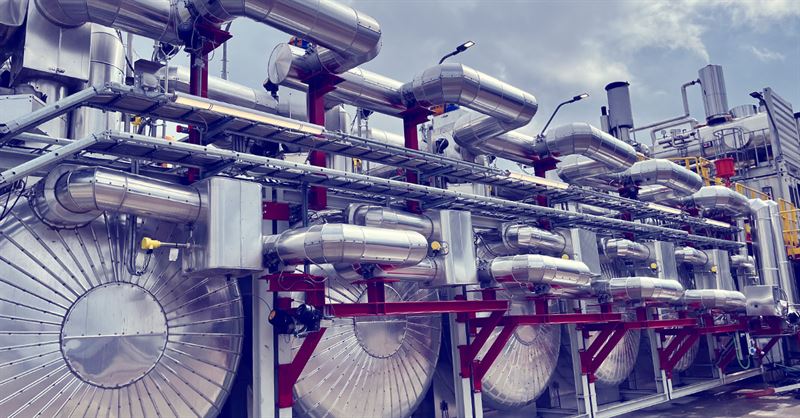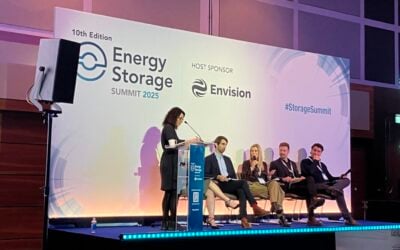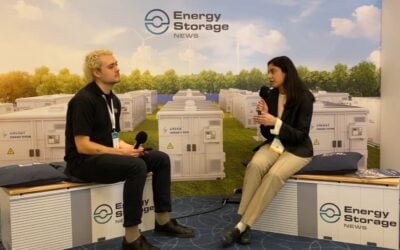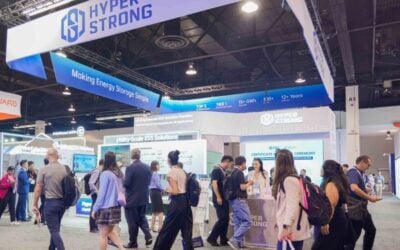
Thermal energy storage companies Kyoto Group and Brenmiller have inaugurated and won funding approval for projects in Denmark and Israel, respectively.
Kyoto Group announced the official inauguration of its Heatcube thermal energy storage system at the Norbis Park in Denmark, a power plant complex currently comprising the coal and gas-fired Nordjylland Power Station, but seeking to shift to renewables, yesterday (5 September).
Testing began on the 4MW/18MWh system last month, as reported by Energy-Storage.news.
The company’s Heatcube technology uses electricity to store thermal energy by heating molten salt to 415°C and then creating steam. It can be used for industrial processes that require lots of heating but the Norbis project will allow Aalborg Forsyning, the local utility that owns the complex, to provide greener heat energy to the local district heating network.
Try Premium for just $1
- Full premium access for the first month at only $1
- Converts to an annual rate after 30 days unless cancelled
- Cancel anytime during the trial period
Premium Benefits
- Expert industry analysis and interviews
- Digital access to PV Tech Power journal
- Exclusive event discounts
Or get the full Premium subscription right away
Or continue reading this article for free
Camilla Nilsson, Kyoto Group CEO, said: “This installation marks the first application of molten salt energy storage technology in a new market segment, despite its long-standing use in concentrated solar power facilities. This is a significant milestone, advancing the efforts to decarbonise heat through electrification.”
In related thermal energy storage news, Brenmiller Energy last week announced that it has won final approval from the Israeli Ministry of Finance to supply electric process heat to a public hospital near Tel Aviv, Wolfston Hospital.
A budget of up to US$3.7 million for Wolfson Hospital to procure the thermal energy storage equipment from Brenmiller – its bGen ZERO system – has been approved by the Ministry.
The technology provider claimed the system has the potential to reduce energy costs for the hospital by up to US$1.3 million annually, and that it would deliver its technology and supply heat to Wolfson Hospital at zero up-front cost through an agreement for a seven-year term.
If the US$3.7 million were to be paid upfront and cover the project’s cost, the claimed savings on bills would equate to a capital payback of just under three years.
A final agreement between the hospital and Brenmiller is expected to be signed during the last quarter of 2023.
“Brenmiller’s approval to move forward with an agreement with Wolfson Hospital is a great example of how novel, clean energy technologies have the potential to meet the demanding needs of critical, large-scale facilities like hospitals,” said Brenmiller Energy Chairman and CEO Avi Brenmiller.
The bGen thermal storage technology charges by heating rocks using electrical power and then storing that power at a temperature of 750°C. It discharges by releasing the accumulated heat to heat pressurised water and generate steam for electricity or for industrial heating processes.
Brenmiller inaugurated its first large-scale production facility in May this year, also in Israel.





